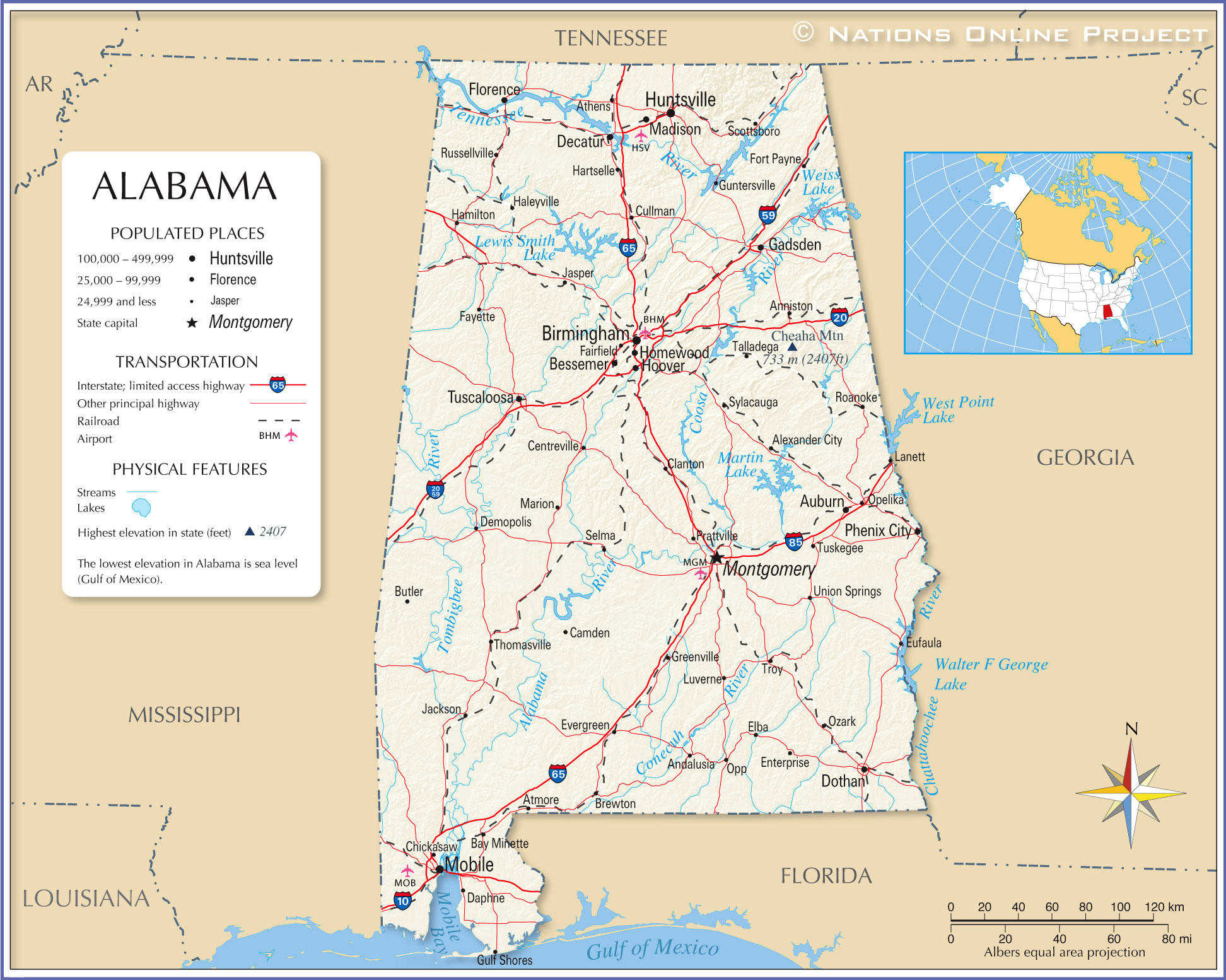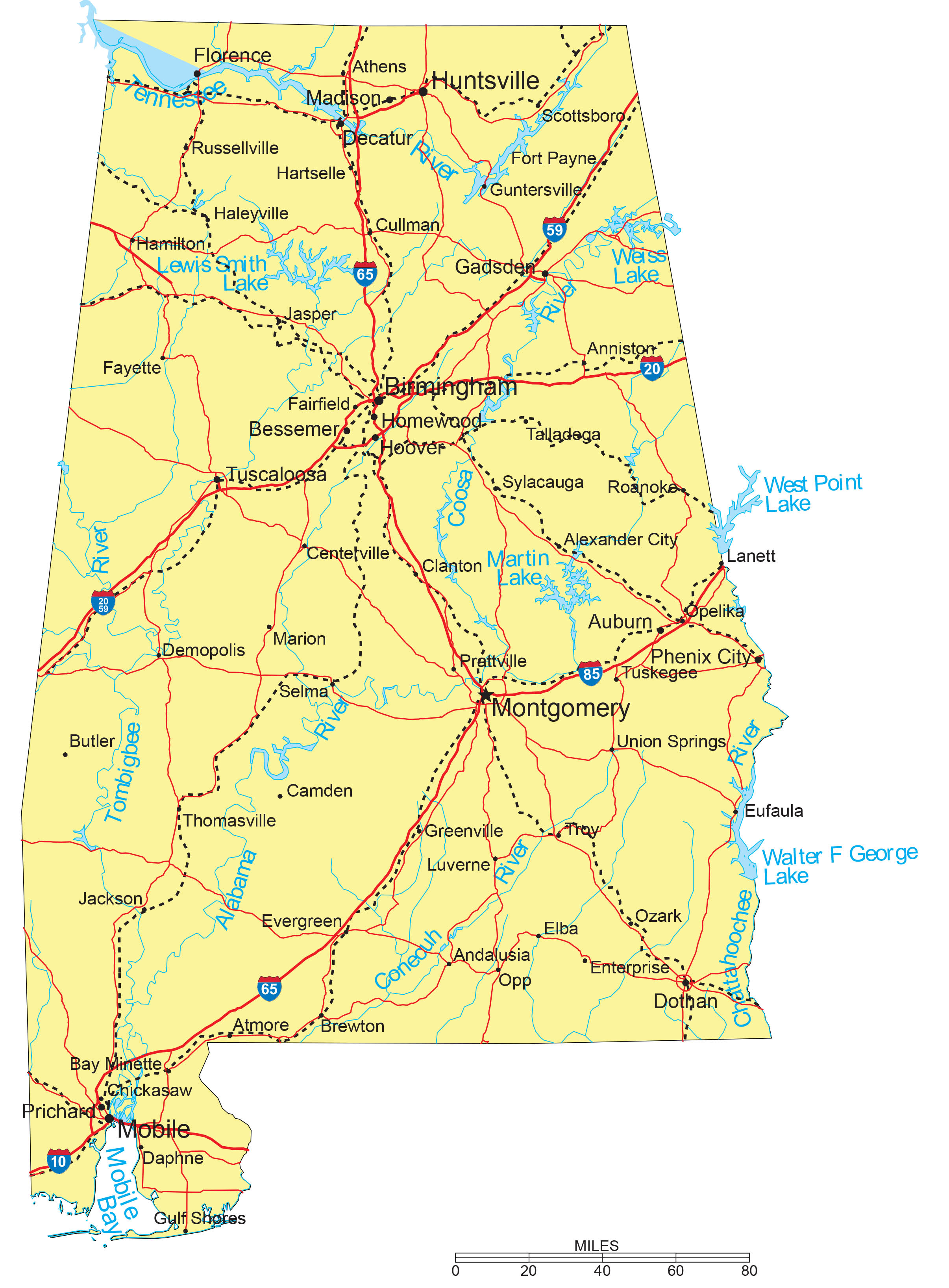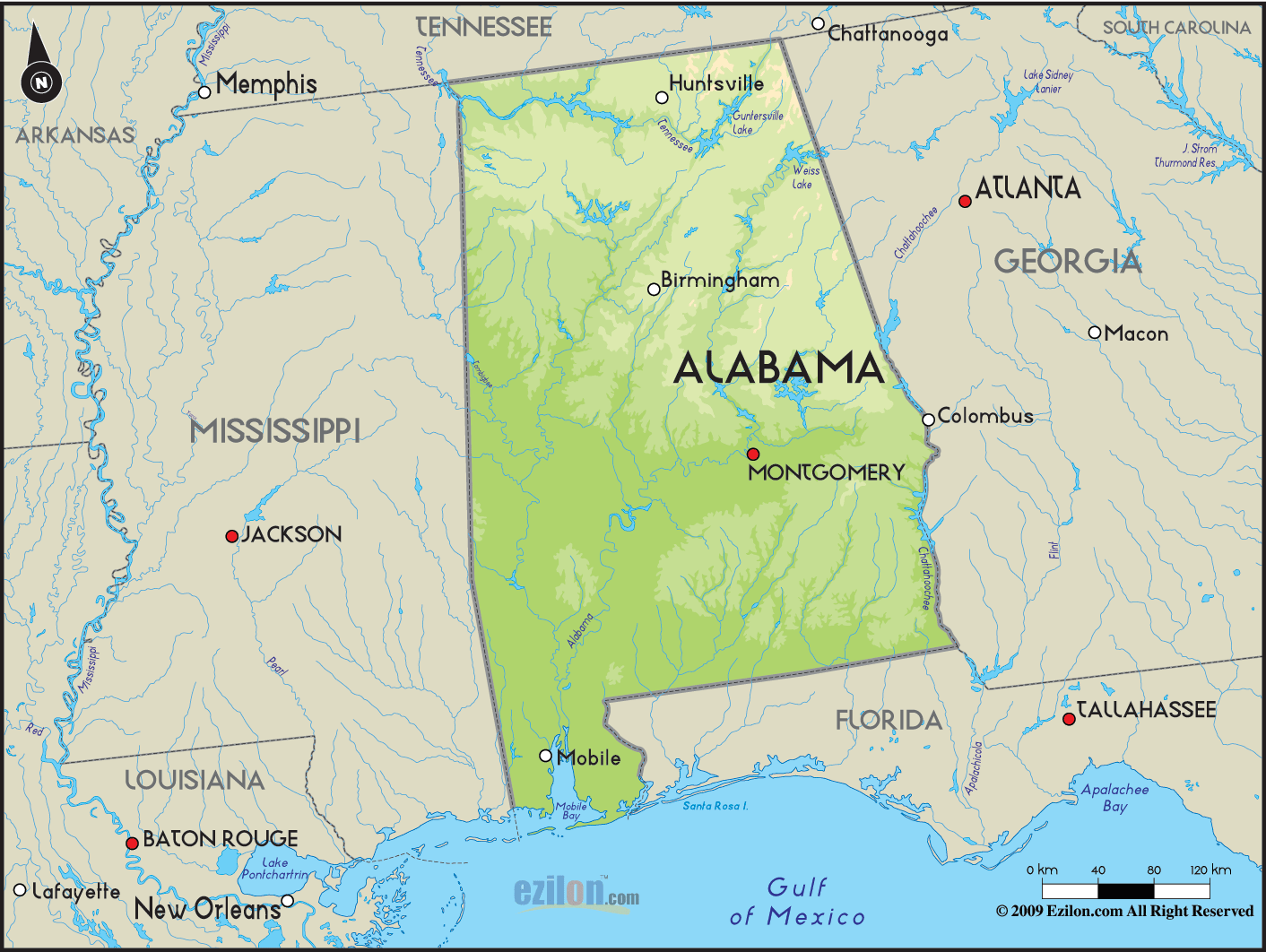Alabama Snow Plow: How The Yellowhammer State Handles Winter's Rare Chill
When folks think of Alabama, they often picture warm sunshine, sandy beaches, or perhaps the deep green of cotton fields. What doesn't usually come to mind, you know, is the sight of a snow plow. Yet, even in the heart of the South, winter weather can bring its own set of challenges. Sometimes, the unexpected happens, and roads get slick.
For a state like Alabama, which typically sees very mild winters, a significant snowfall or ice event can really change things. It’s a different kind of preparation, quite honestly, compared to states further north. The approach to dealing with frozen precipitation here is rather unique, reflecting the infrequent nature of these events.
This article will explore how Alabama handles its occasional brush with winter's chill, focusing on the equipment and methods used to keep roads safe. We'll look at what happens when an "alabama snow plow" is needed, even if it's not a common sight, and how communities from Mobile to Birmingham prepare.
Table of Contents
- The Uncommon Sight of an Alabama Snow Plow
- When the Snow Falls: Alabama's Winter Response
- A Look at Specific Alabama Locales and Winter Weather
- The State's Preparedness: More Than Just Plows
- Frequently Asked Questions About Alabama Snow Plows
- Keeping Alabama Moving: A Final Thought
The Uncommon Sight of an Alabama Snow Plow
Alabama, with its generally mild climate, doesn't often experience the kind of heavy, persistent snowfalls that states like Michigan or Minnesota see. So, the idea of an "alabama snow plow" might seem, well, a bit out of place to some. But when winter does decide to visit with a chill, it can certainly make an impact.
Cities across the state, from Mobile on the coast to inland areas like Troy and Cottonwood, usually enjoy comfortable temperatures. However, every few years, a cold front dips far enough south, bringing freezing rain or even a dusting of snow. When this happens, even a little bit of ice can make roads very dangerous, as a matter of fact, since drivers are not used to these conditions.
The equipment used for clearing roads in Alabama tends to reflect this reality. It's not always the big, dedicated snow plows you see up North. Instead, road crews often adapt other vehicles or use different methods to manage ice and light snow. They might use salt spreaders, for example, or even grader blades on trucks to clear away slush.
- Nicole Kidman Husband
- Kat Timpf Husband
- Keith Hunter Jesperson
- Jordan Chiles Fashion Week Dress
- Harry And Jessica
When the Snow Falls: Alabama's Winter Response
When the forecast calls for freezing weather, the Alabama state government, through agencies like the Department of Transportation, begins its preparations. This response is quite important, you know, for keeping people safe. They focus on pre-treating roads, especially bridges and overpasses, which are the first to freeze.
The state's approach is often more about ice prevention and melting than about pushing away huge amounts of snow. Crews apply brine solutions or rock salt to road surfaces before the precipitation starts. This helps to prevent ice from bonding with the pavement, making it easier to clear later, or sometimes just melting it away. It’s a proactive measure, really, that saves a lot of trouble.
While Alabama has had many changes to its foundational documents—743 amendments to the 1901 constitution by January 2003, for instance—the state's commitment to public safety during weather events remains constant. This dedication extends to handling the rare, but impactful, winter weather. The focus is always on keeping traffic moving and preventing accidents.
Preparing for the Unexpected
For the residents of Alabama, preparing for winter weather means something a little different than it does for those in colder climates. Since significant snow is not a common occurrence, people often need reminders about what to do. This includes having emergency supplies at home and avoiding travel during icy conditions.
With an estimated population of over 4.4 million people in 2002, a slight increase since 2000, many residents are affected when roads become impassable. So, public information campaigns are a big part of the state's preparedness. These campaigns encourage everyone to stay informed and to take precautions, like checking tire pressure and having a full tank of gas.
The message is usually clear: if you don't have to be out on the roads during an ice event, then you really shouldn't be. This helps keep the roads clear for emergency vehicles and for the crews trying to treat the surfaces. It’s a community effort, more or less, to ensure safety.
A Look at Specific Alabama Locales and Winter Weather
Different parts of Alabama experience winter weather in varied ways, you see. Mobile, for instance, typically has a very mild climate, but it can still get freezing rain. The mean prices for housing in Mobile in 2023 reflect its coastal appeal, but even there, a sudden cold snap can cause problems on the roads.
Further inland, places like Foley and Theodore, which also saw mean prices in 2023, might get a little more frost. Troy, with its median gross rent in 2023 and a cost of living index around the average, also has its share of chilly days. When temperatures drop below freezing, these areas, like others, rely on state and local road crews.
Cottonwood, another place with mean prices in 2023, and Chapman, too, which has been featured in recent blog articles, are no strangers to cold snaps. Even though the unemployed percentage in Manchester compared to the Alabama state average is below, and the black race population percentage is significantly below the state average, winter weather affects everyone. So, local governments and state agencies work together to manage road conditions, no matter where you are.
The Birmingham Area's Approach
Birmingham, as one of Alabama's larger metropolitan areas, faces unique challenges when winter weather arrives. With more roads and a denser population, the impact of ice can be quite widespread. The city's infrastructure, like its houses and apartments, has to contend with these conditions, even if they are rare.
The approach here often involves a coordinated effort between city and state road crews. They prioritize major thoroughfares and emergency routes. While the city has its own concerns, like crime rates involving auto thefts, the immediate focus during a winter event shifts to road safety. It’s about keeping essential services running and allowing people to get around safely, if they absolutely must.
Birmingham, like other parts of the state, has seen its population grow between 1990 and 2000. This growth means more drivers on the roads, making winter weather preparedness even more important. The city and surrounding areas need effective strategies to manage slick surfaces, even without a fleet of traditional "alabama snow plow" vehicles.
The State's Preparedness: More Than Just Plows
Alabama's overall preparedness for winter weather goes beyond just having a few plows or salt trucks. It’s really about a comprehensive plan that includes monitoring weather forecasts, deploying crews strategically, and communicating with the public. They use what they have, you know, to make the best of a difficult situation.
The state focuses on what's most effective for its climate: anti-icing chemicals, sand, and sometimes, indeed, attaching plows to existing trucks. This adaptable approach helps them manage the infrequent, but impactful, ice and snow events. It's a pragmatic way of handling a situation that doesn't happen every year, or even every winter.
For more general information on how states prepare for various types of weather, you might want to check out resources from the Federal Emergency Management Agency. Their guidelines offer a good perspective on broad preparedness efforts. This kind of information can help residents understand the bigger picture of emergency management.
Frequently Asked Questions About Alabama Snow Plows
Does Alabama get snow often?
No, Alabama does not get snow often. Significant snowfall is quite rare, usually occurring only every few years, if at all. When it does snow, it's often a light dusting or primarily freezing rain and ice, especially in the central and southern parts of the state. Northern Alabama might see a bit more, but it’s still not a regular occurrence.
How does Alabama handle winter weather?
Alabama handles winter weather primarily by focusing on ice prevention and removal. This means pre-treating roads, especially bridges and overpasses, with brine solutions or salt before freezing precipitation begins. They also use salt spreaders and sometimes attach plows to trucks for light snow or slush. The emphasis is on public safety and keeping essential routes clear.
What kind of equipment does ALDOT use for ice?
The Alabama Department of Transportation (ALDOT) uses a variety of equipment for ice. This includes trucks equipped with tanks for spraying liquid brine, as well as spreaders for applying rock salt or sand. For any light snow, they may fit plows onto existing maintenance trucks. Their equipment is geared towards managing ice and light snow, rather than heavy snow removal.
Keeping Alabama Moving: A Final Thought
The discussion of an "alabama snow plow" really highlights the state's unique relationship with winter weather. It's a story of adaptability and preparedness for something that doesn't happen all the time, but can still cause significant disruption. The state government, through various departments, works to keep its millions of residents safe and moving, even when the temperatures drop and the roads get slick.
Staying informed about weather forecasts and understanding local road conditions is always a good idea for residents. You can learn more about road safety on our site, and for specific local updates, check this page for current conditions. It's about being ready for anything, whether it's a sunny day or a rare, chilly winter event.
- Anderson Cooper Husband
- Diddy And Beyonce
- What Year Did Michael Jackson Die
- Annabella Stoermer Coleman
- Joe Alfie Winslet Mendes

Maps of Alabama State, USA - Nations Online Project

Alabama County Maps: Interactive History & Complete List

Alabama Topography and Physical Features - Ezilon Maps